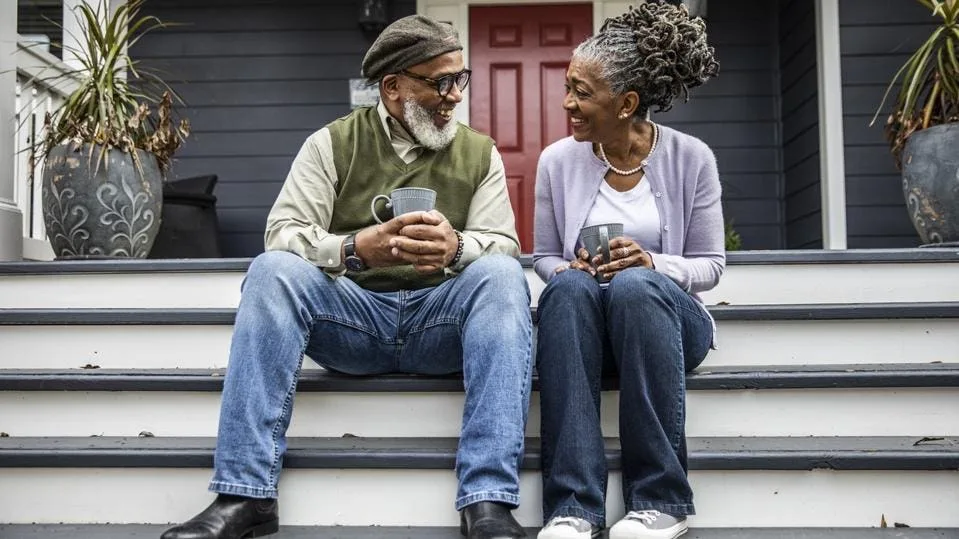[ad_1]
Individuals choose to age in place for various reasons, and the majority of respondents (86%) listed independence as their top reason. Meanwhile, 84% of respondents say they feel happier aging in their own homes as opposed to alternative living arrangements, such as assisted living communities. Additional reasons older adults say they prefer aging in place include:
- Feeling safer living at home compared to other places (60%)
- The desire to remain close to friends and family members (49%)
- The relative affordability of aging in place (45%)
- Not wanting to pack and move their belongings (36%)
“It’s important to understand that everyone ages individually,” says Hollis Day, M.D., chief of geriatrics at Boston Medical Center. “So although we talk about people aging in place and aging alone, many older adults are doing so while actively engaged in volunteer activities, working or hobbies. [They] are very much out and about a lot,” she adds. Dr. Day emphasizes the importance of not lumping all older adults together when it comes to attitudes and feelings this group may have about aging in place.
Attitudes toward aging at home vary as well. Per survey results, 60% of respondents say they feel content, and 51% say they feel happy about living in their own homes as they age. However, one in 10 participants (10%) disclosed feeling lonely. Of those who reported loneliness, 15% live at home alone and 5% live with someone else.
It’s important to note that not everyone who lives alone is lonely, says Dr. Day, adding that older adults may find community through the telephone and technology. “That said, there’s no question that loneliness can impact people. Without support [older adults] may not eat as well or take their medications. [They also may] become more depressed or feel like they’ve lost a sense of purpose or meaning.”
Research suggests social isolation and loneliness among older adults can have wide-ranging effects, from higher mortality rates to cognitive and mental health concerns. A 2020 consensus study report by the National Academies of Sciences, Engineering and Medicine concludes loneliness can negatively impact the health outcomes of cardiovascular disease and stroke, dementia and cognitive concerns, anxiety and depression, chronic diseases and more among adults over the age of 50.
Older Adults Worry About Alternative Housing Options
There are a number of options available to older adults choosing how and where to age, including independent and assisted living, memory care communities and skilled nursing care. These communities offer older adults access to varying levels of community living, assistance with activities of daily living (ADLs) like bathing, dressing, using the toilet and medication management. Some communities also provide round-the-clock medical care.
A significant number of older adults (33%) say they worry about aging in housing alternatives, according to survey findings. Of note, slightly more women (34%) than men (30%) felt uneasy about aging somewhere other than their private homes. Meanwhile, these worries appear to decrease with age, with older age groups feeling more content about different housing options:
- 9% of adults ages 65 to 69 and 70 to 74, respectively, express feeling content about housing alternative options
- 13% of adults at least 75 years old feel content about housing alternative options
[ad_2]



